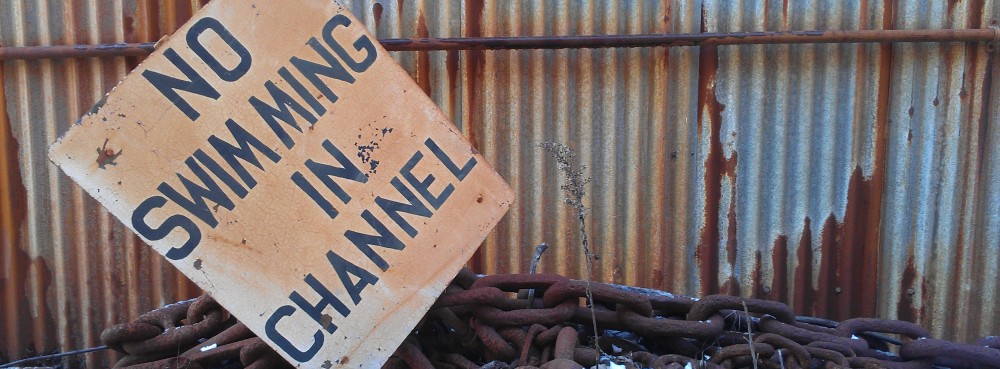Some years ago, I read what I thought must be the worst sci-fi novel of all time (Dan Simmon’s Hyperion). And then I read Andy Weir’s Artemis.

Weir, known for getting the science right in The Martian, set this novel on the moon. Hailed by Esquire for “his attention to detail” and the The New York Times Book Review for depicting “near-future technology”, I thought this book might be an inspiration for details related to lunar life for my novel, Anori. I was wrong.
Weir’s choice of a young woman, Jazz Bashara, as the protagonist is a misogynic train wreck, focusing almost entirely on her sexuality. I was pretty sexy, I have to admit. (203) ‘Did you watch me strip on Dale’s feed?’ ‘Yeah, thanks for the show!’ (236)

He tries to hide his failure behind her smart-aleck quips – God, I was such a dipshit (173) I was pissed. And I don’t mean drunk. (139) – all of which is painfully sophomoric.
The narrative reads like an outline, the descriptions like a first draft. A frumpy Midwestern woman giggled at her window and turned to me. “Isn’t it amazing? We are on the moon!” (78) And the dialogue…my god, the dialogue. “You just…you really need to learn about woman and how to interact with them, all right?” “Oh,”, he said. “That could be really helpful.” (203) And even if Weir does get the science right, much of it come across like a 17-year-old explaining life. Don’t believe me? Put ice water in a saucepan and cook it. The water temperature will stay at 0 degrees until the last ice cube melts. (250)
I’m not sure what this book taught me beyond that terrible writing can not only get published but also praised. And what’s the lesson in that?













